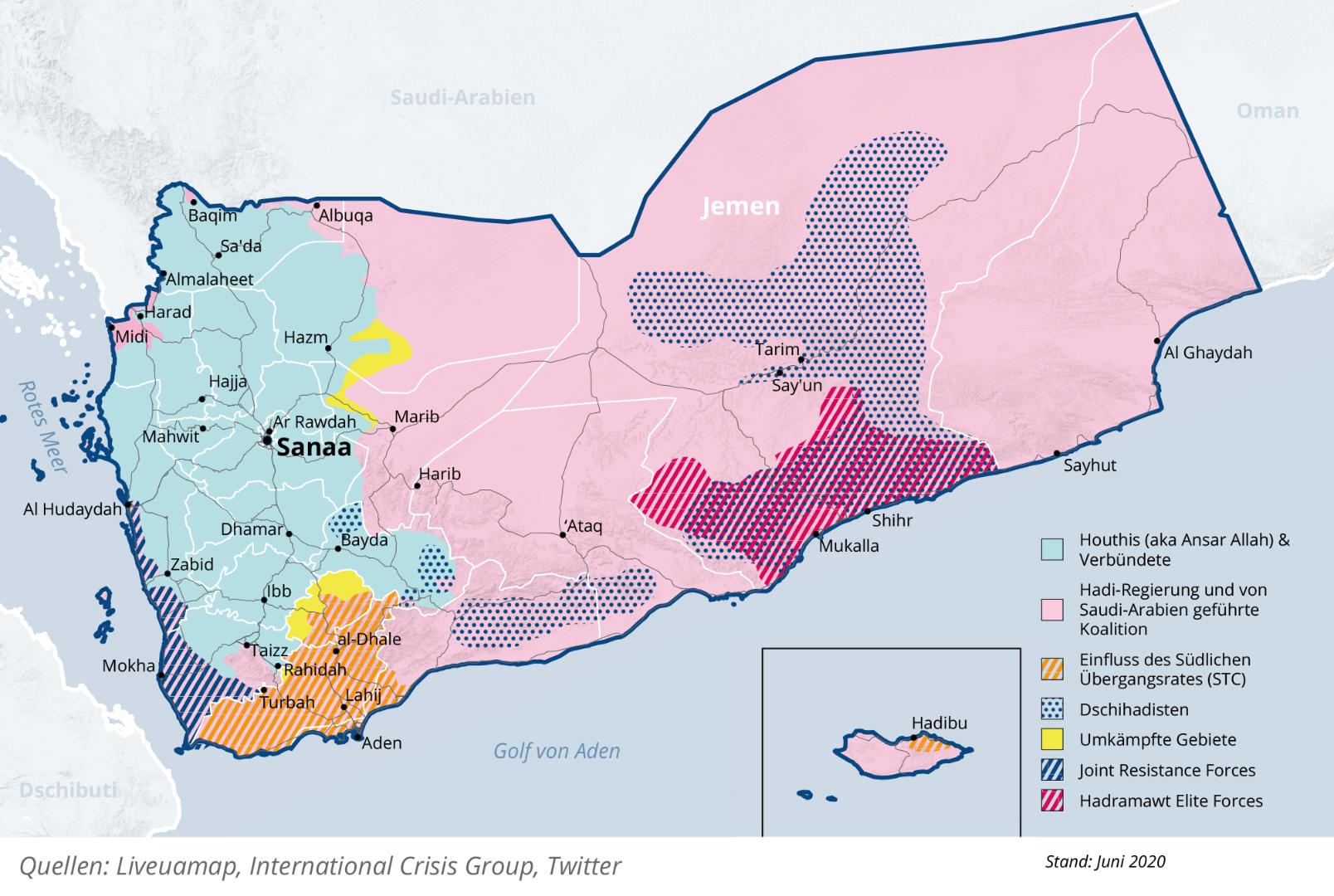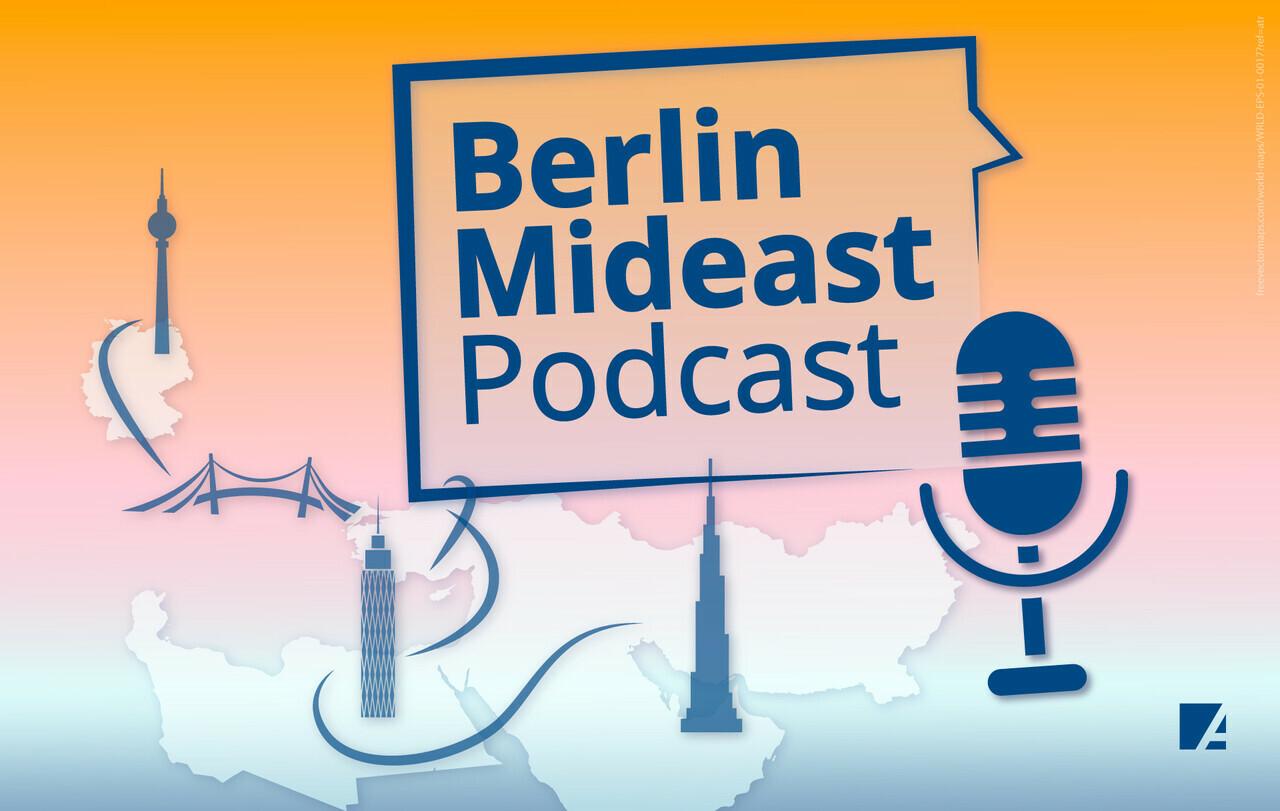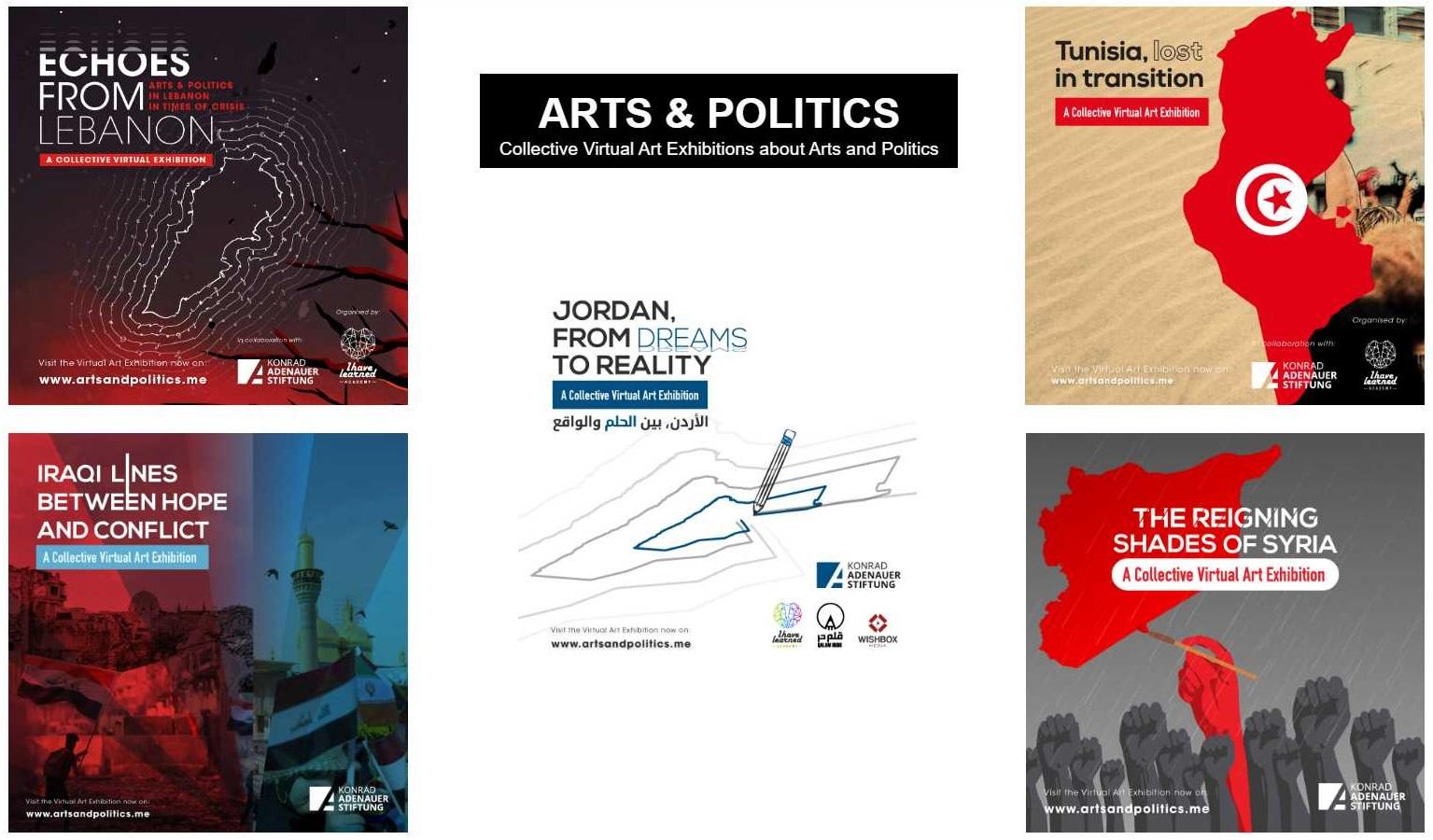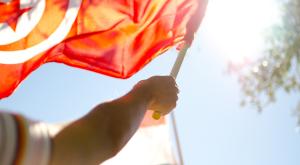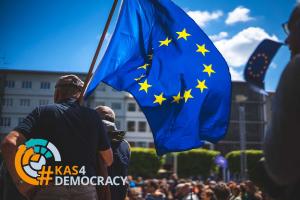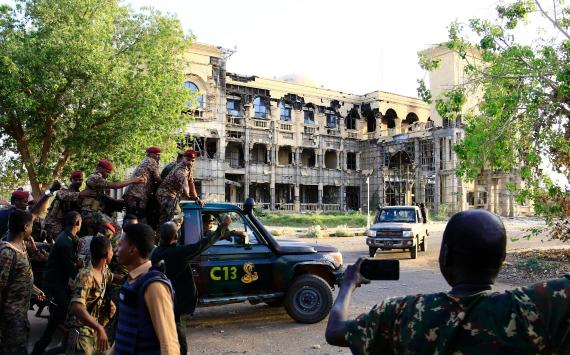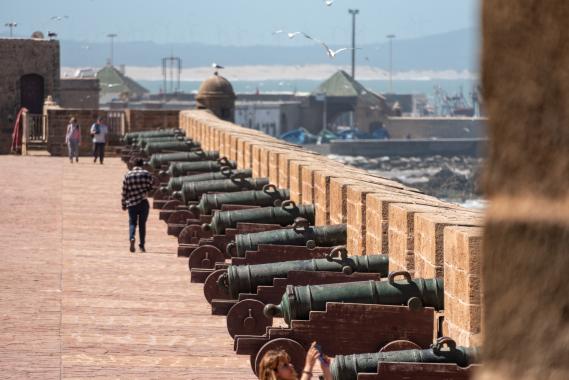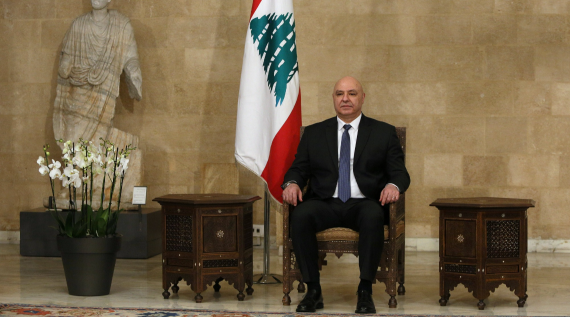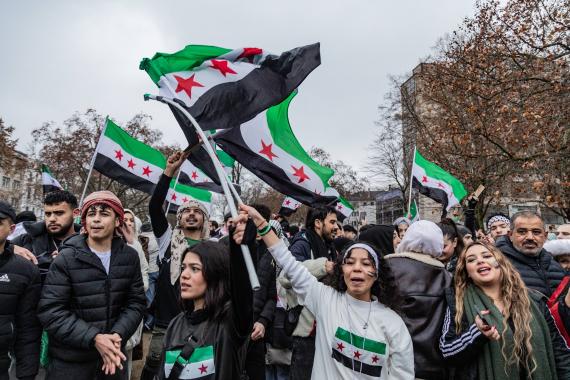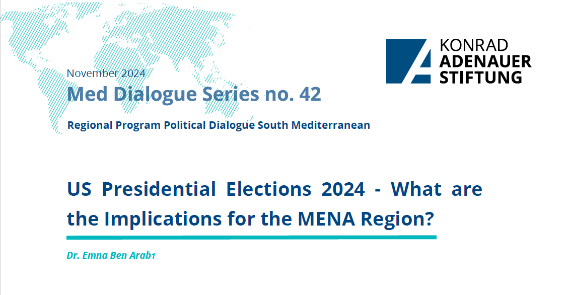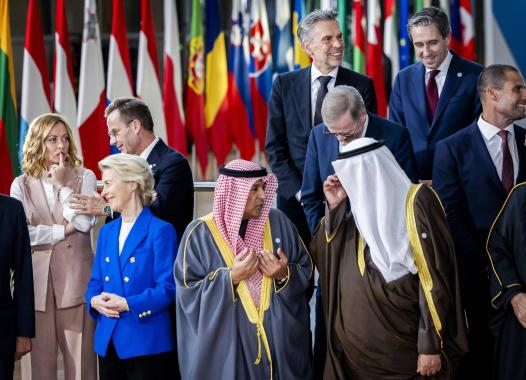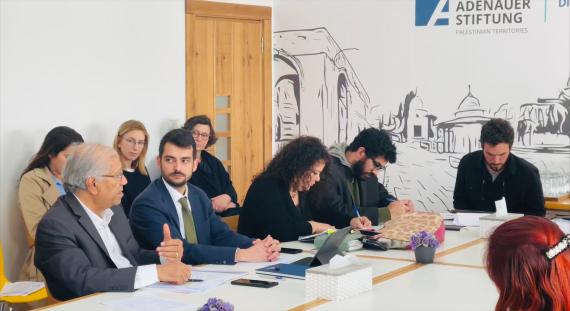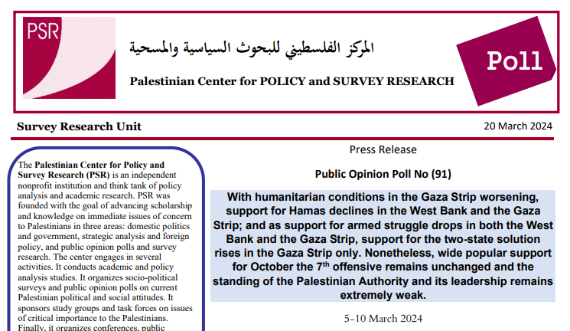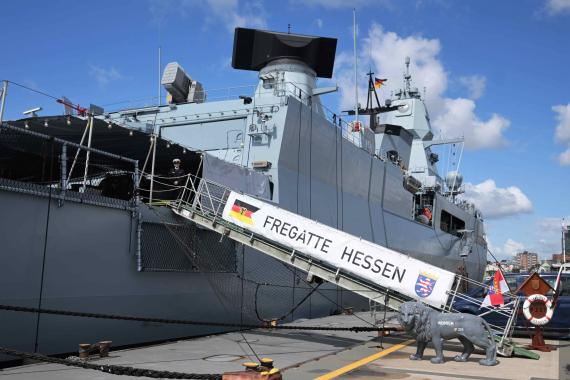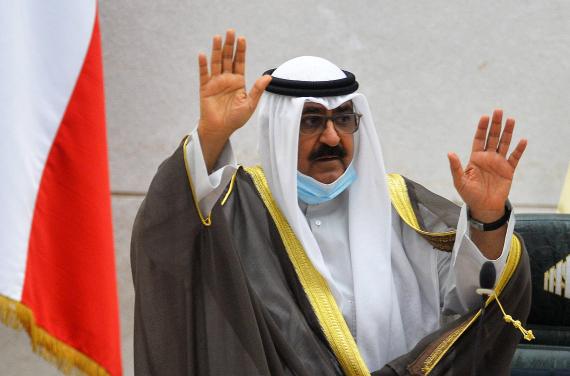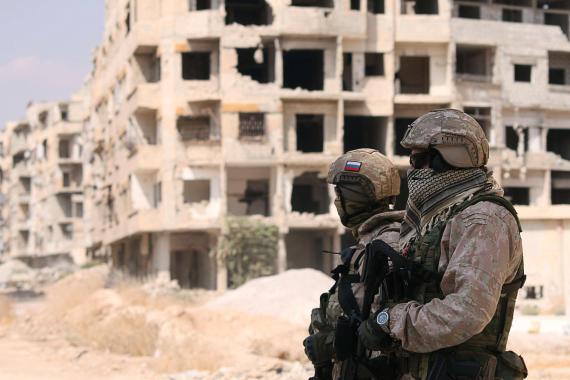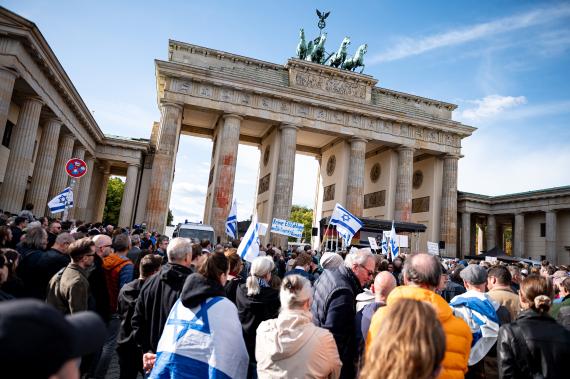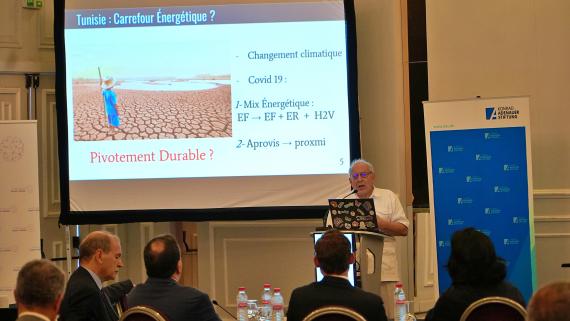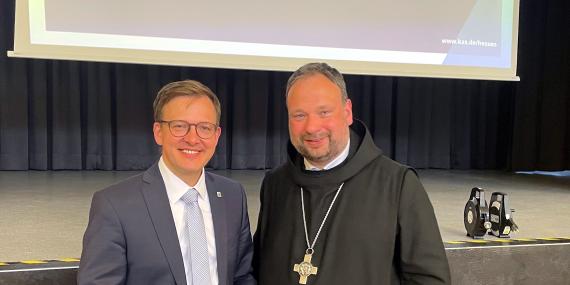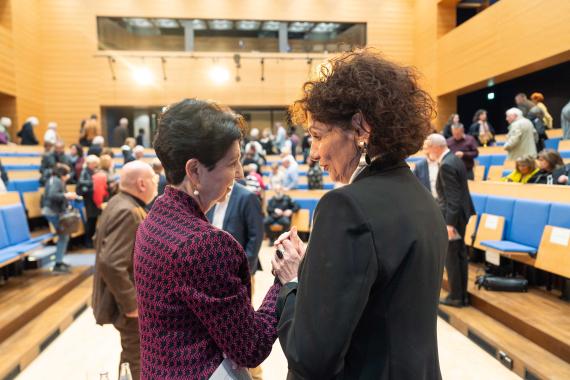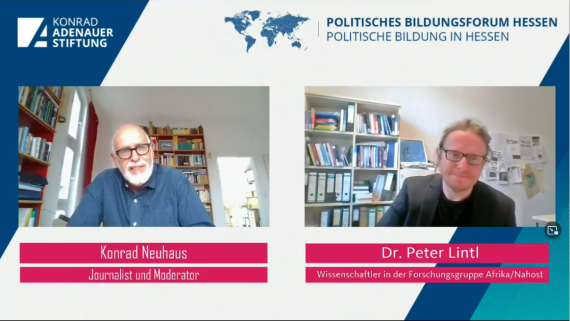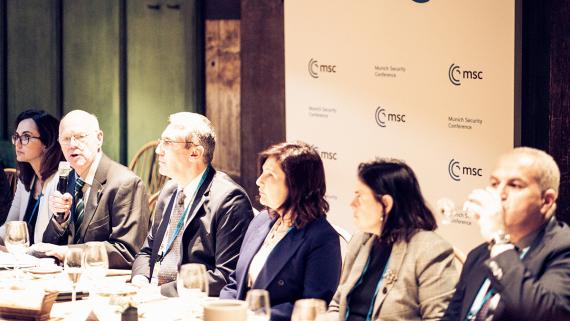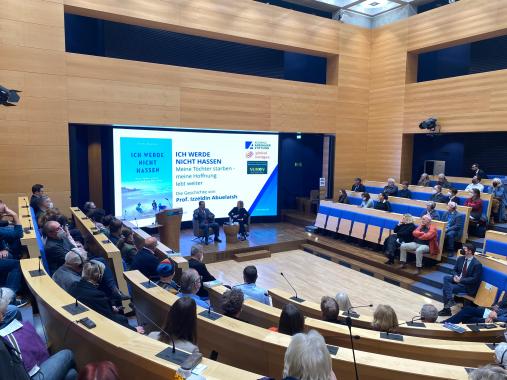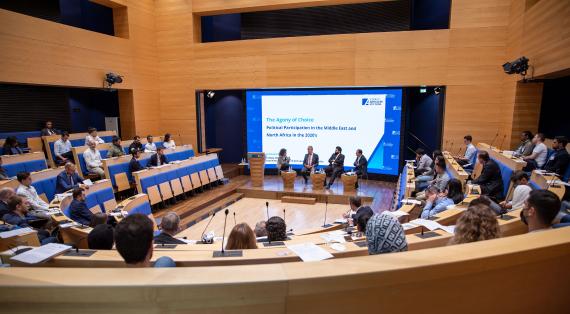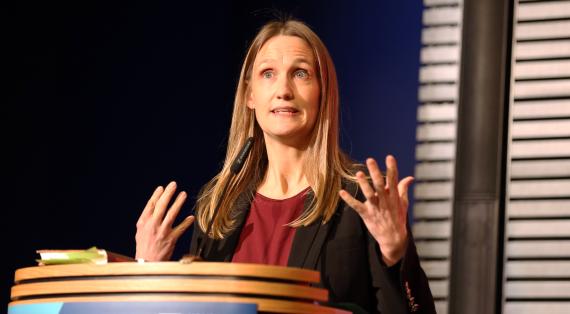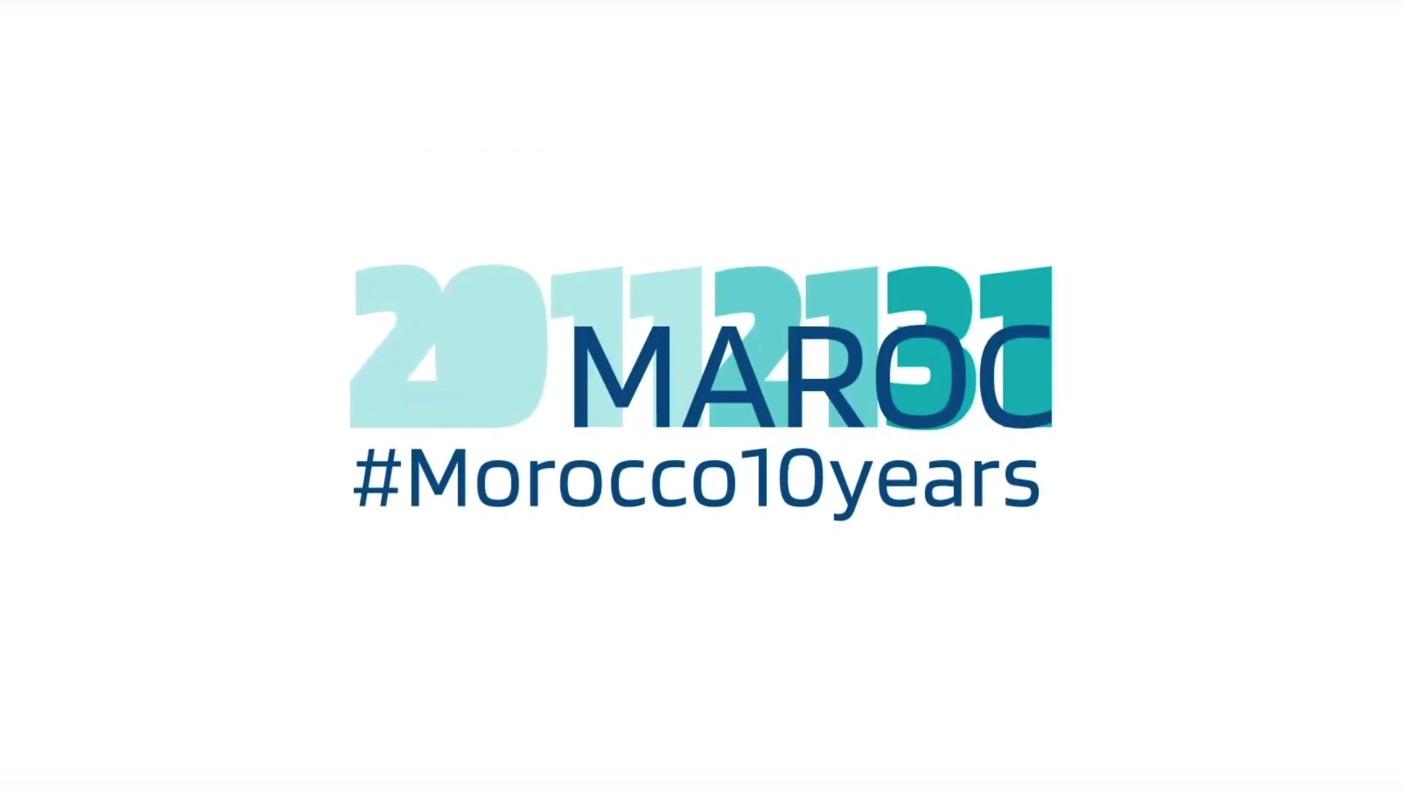The Arab Awakening or Arab Spring has changed the geopolitical landscape.
At a glance
- The attack on Israel by the terrorist organisation Hamas on 7 October 2023 marks a profound turning point for the region, the consequences of which are not yet fully foreseeable.
- Since the beginning of the Arab Spring in 2011, almost all countries in the Middle East and North Africa have experienced far-reaching political and social changes that have not led to democracy and freedom, but often to new conflicts, radicalisation, frustration and instability.
- Nevertheless, social and economic transformations are certainly taking place. The royal dynasties and autocratic regimes, which are preparing their countries for a time after the energy transition, are now seen as the driving force.
- The Konrad-Adenauer-Stiftung observes, analyses and supports the ongoing transformation processes in the region through the work of its foreign offices on the ground and from its headquarters in Berlin.
Content
1. The 7th October 2023: Attack on Israel and new regional dynamics
2. Failure of the democracy movements after the Arab Spring
3. From the ‘will of the people’ to modernisation from above
4. Ongoing processes of transition
5. Our offers and projects on the topic
6. Publications, events and media contributions on the topic
The 7th October 2023: Attack on Israel and new regional dynamics
Hamas' brutal terrorist attack on Israel on 7 October 2023 represents a turning point for the MENA region - with varying effects on the individual countries - and has reversed many emerging developments. Regional rapprochement processes and the prospects of a new stable and peaceful order have been frozen for the time being. These include the normalisation efforts between some Arab countries and Israel within the framework of the Abraham Accords. A new and lasting regional polarisation and multipolar alignment is emerging. Countries such as Russia, China and Turkey have gained significant influence in recent years, while Europe and Germany are playing an increasingly minor role.
Failure of the democracy movements after the Arab Spring
Almost all countries in the Middle East and North Africa have experienced major social and political changes in recent years. Starting with the Arab Spring, which began with a wave of protests in the Tunisian hinterland in December 2010 and rapidly reached cities such as Tunis, Cairo and Damascus. The demands of the predominantly young demonstrators for ‘bread, freedom and dignity’ on Avenue Bourguiba in Tunis and Tahrir Square in Cairo resonated in large parts of the Arab world and led to extensive political upheaval in the region. Within a year, the authoritarian rulers in Tunisia, Egypt, Libya and Yemen, who had ruled their countries for decades, were toppled.
Hopes for democratisation in the region have not materialised. Re-autocratisation can be observed in many countries. Social conflicts have also broken out in many places, resulting in political violence and instability.
From the ‘will of the people’ to modernisation from above
The main drivers of social transformation in the region are the royal dynasties and autocratic regimes in order to offer their societies economic prospects and stability.
The ‘Saudi Vision 2030’ initiated by Saudi Crown Prince Mohamed Bin Salman, which has gradually opened up a previously closed country to investors, tourists and its own society, for example through international sporting events, is emblematic of many initiatives of the Gulf monarchies that are preparing for the time after the energy transition. Morocco's development strategy, which aims to comprehensively transform the North African country both socially and economically, is similarly ambitious.
Ongoing processes of transition: the Konrad-Adenauer-Stiftung is intensively monitoring and accompanying the process
The confrontation between citizens in the Middle East and North Africa and their political elites about the requirements of a modern state and the future of their societies is continuing. The Konrad-Adenauer-Stiftung (KAS) accompanies this ongoing transformation process through the work of its country offices in the region and from its headquarters in Berlin.
The fundamental issues addressed at our events remain highly topical: How can the conflict between Israel and the Palestinians be pacified, especially after 7 October? Where are there opportunities for cooperation and dialogue in order to develop economic transformation and a common security policy? What impact do events in the region have on migration dynamics in the Mediterranean? What role does the region play in Europe's and Germany's energy security? How can participation and representation in the societies of the region be supported by Europe and Germany?
The Conflict in Yemen
Despite attracting little public attention, a bloody civil and proxy war is raging in Yemen in the wake of a transition process initiated by the Arab Spring. The violent power struggle has led to a major humanitarian crisis in recent years, for which there is currently little hope of serious improvement. The problem and conflict situations are and continue to be complex. Nevertheless, the Konrad-Adenauer-Stiftung endeavours to comprehensively analyse the conflict in Yemen, and to bring together experts and decision-makers from Germany and the region so as to seek political solutions.
Podcasts
The Konrad-Adenauer-Stiftung publishes podcast episodesdevoted to developments in the Middle East and North Africa at irregular intervals.
Berlin Mideast Podcast
With our regional podcast series “Berlin Mideast Podcast”, we examine and analyse at irregular intervals the current situation and important developments in the Near and Middle East. Here, we place a special focus on issues such as the position of women in the Islamic world, or the role of Arab armies in the region’s political systems. Of course, we also consider the situational advancements and set-backs more than one decade since the onset of the “Arab Spring”.
Virtual art exhibition
With a virtual art exhibition, the Konrad-Adenauer-Stiftung together with its partner, the “I have Learned Academy”, has created a platform for artists from the Middle East and North Africa to present works focusing on problems and challenges in their region.
Arts and Politics
“Arts and Politics” is a virtual art exhibition that approaches current societal trends in the Middle East and North Africa via installations, graffiti and videos. Artists from Lebanon, Jordan, Iraq, Syria, and Tunisia use their work to portray the challenges of their home countries.



